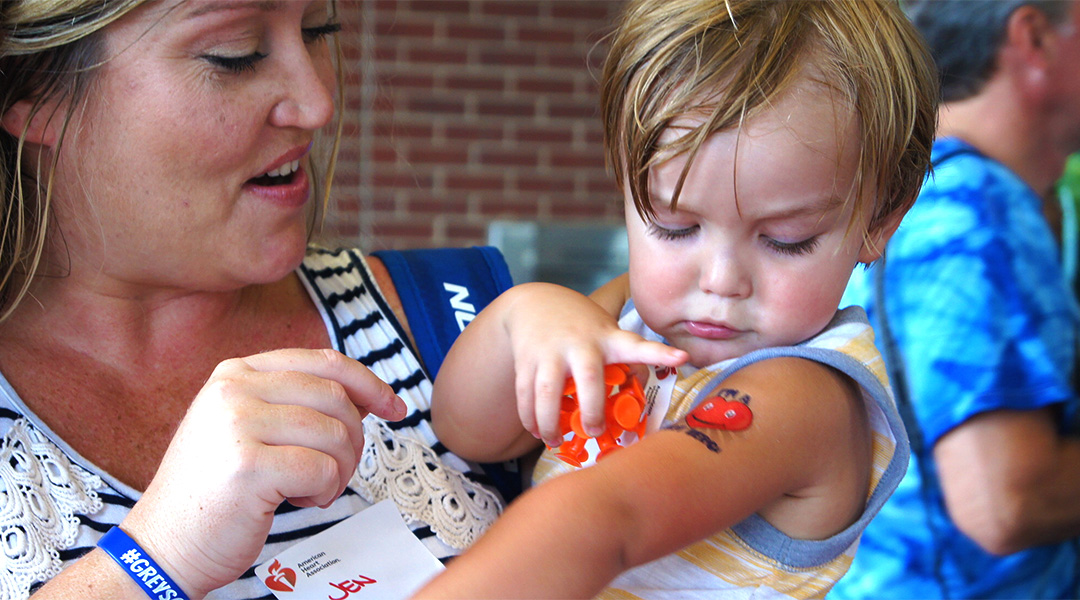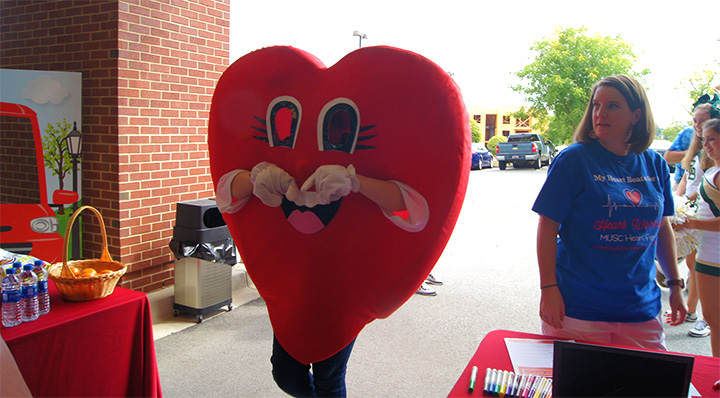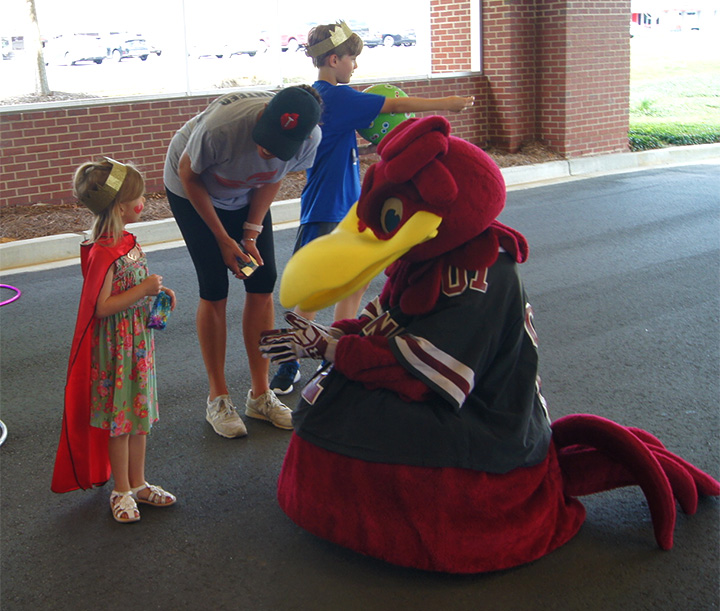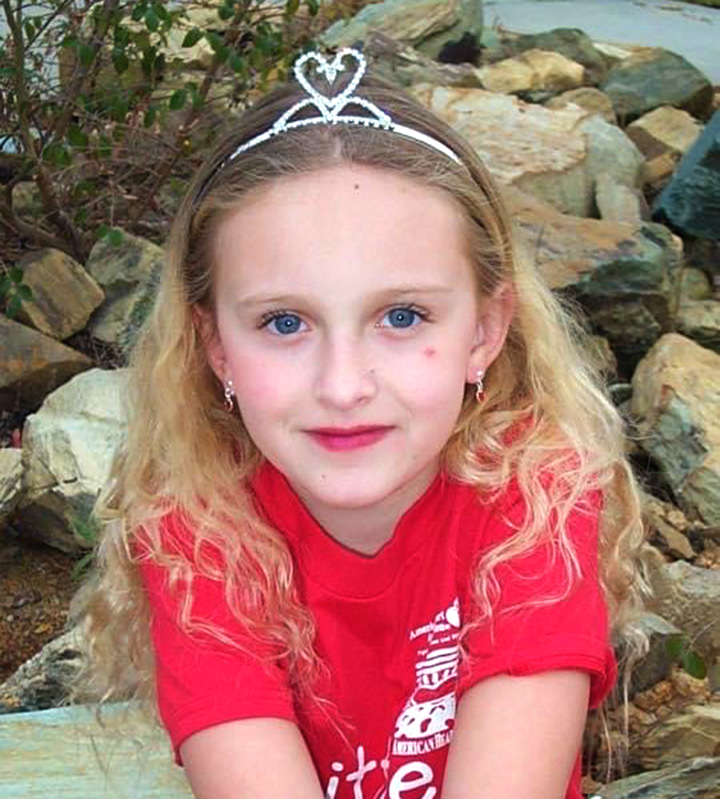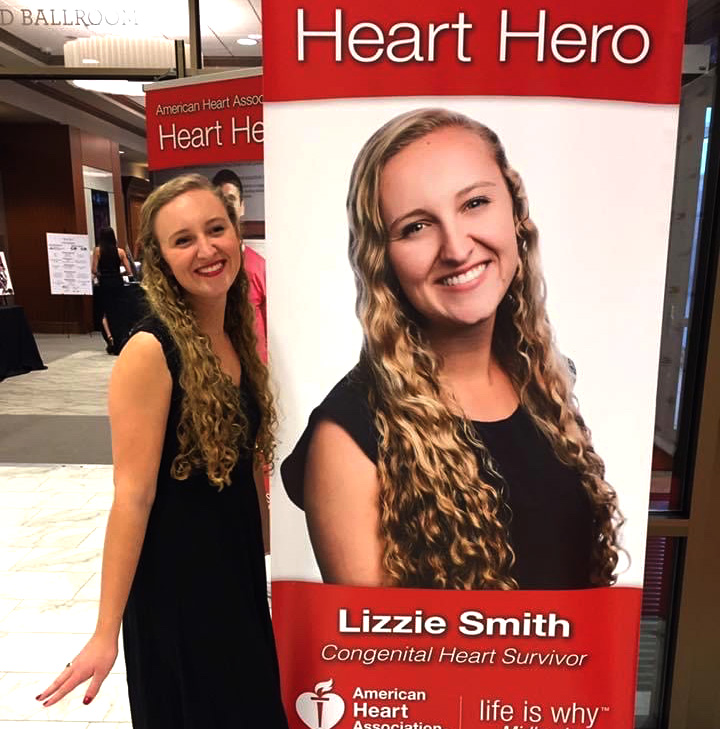The American Heart Association’s Little Heart Hero Day of Play makes a comeback after the COVID-19 pandemic. (Photo courtesy of the American Heart Association)
The American Heart Association held its Little Heart Hero event in Columbia on Saturday, Nov. 5, to empower children born with heart defects and their families.
The event was first held in 2019, with the intention for it to be annual. But, since the pandemic halted in-person gatherings, the second Little Heart Hero event wasn’t held until this year.
According to the American Heart Association, 40,000 babies are born with heart defects every year, and this year’s Little Heart Hero event introduced a Day of Play for child survivors.
Kinsey Besser, a director of development with the American Heart Association, said many child survivors have felt alone because of virtual education over the past two years, making the event more valuable than ever.
“Whether we have one Little Heart survivor show or 50, … we know that it’s super important to recognize them in this way and put on a fun day for them,” Besser said as families started trickling in.
Festivities began at 10 a.m. and lasted two hours in Heathwood Park. Kids and even some parents played cornhole, did arts and crafts, participated in hula hoop challenges and posed for a superhero themed photo booth.
University of South Carolina’s mascot, Cocky, and the AHA’s mascot, Heart Man, greeted attendees. Each child left with a Heart Hero cape.
“(Child survivors) are unique, and they’re special and they should be able to harness that and make it a positive thing,” said AHA Director of Development Lizzie Smith.
AHA’s Director of Marketing Communications Catherine Coffer said the heart survivor network in Columbia is “small but mighty.” But many families face challenges that come with heart conditions. It’s exhausting. It’s expensive. And it can stress family bonds.
Knowing how prevalent heart defects and illnesses are, Coffer said it’s urgent for families to know their resources and to feel supported through related traumatic events.
“It’s kind of hard to find people anywhere that have not had something heart or stroke related in their family history,” Coffer said. “It just seems like it’s everywhere.”
Smith said her passion for the network began with her own heart murmur. Doctors found a hole in her heart during a checkup when she was 18 months old, but they weren’t concerned because they usually heal over time.
By the age of 3, her doctors realized not only that the hole wasn’t closing, but it was bigger than even the ultrasound showed. She underwent an open-heart surgery procedure later that year.
“The biggest thing really is these parents,” Smith said. “They’ve gone through more than they ever could imagine, and so having to hand your child off … to doctors with their lives in their hands. It’s terrifying.”
Smith said the only thing she remembers from the ordeal is her mom laying across her stomach to shield her from seeing the doctor remove a drainage tube from her abdomen.
At the time, her parents didn’t have events like the Little Heart Hero Day of Play to talk to other people who have been through similar trauma.
“Your heart is the most important organ,” Smith said. “I mean, that is what keeps you alive, you know. … No one can know what you’ve dealt with unless they’ve dealt with something similar.”
Smith’s parents did, however, have the AHA, where they grew close with staff and were invited to the annual Heart Walk in Charleston. They’ve attended every year since then, and she’s now director of the event.
Williams-Brice Stadium could be filled four times with people in the Midlands who have high blood pressure and therefore are at risk of heart attacks, according to the AHA.
“(These are) super sobering statistics,” Besser said. “We always say, ‘What’s your why … for wanting to get involved, (and) I always think of myself, my mom and my grandmother, and I can’t imagine losing one of the three of us to heart disease when it is so preventable.”
Coffer has healthy children who’ve never had to suffer through congenital heart defects. But because her father had a stroke, she said she can’t imagine what parents have to go through when their kids are affected.
“Just as a mom, … to help these parents know that they’re not alone and … (that) we’re here to support them — I feel like that’s pretty incredible,” Coffer said.
For more events or volunteer information, visit the American Heart Association’s website or email them at midlandssc@heart.org
“Heart Man” is the American Heart Association’s mascot who attends every family event, including Little Heart Hero Day of Play. (Photo courtesy of the American Heart Association)
The University of South Carolina’s mascot, Cocky, attends the Day of Play events. (Photo courtesy of the American Heart Association)
Lizzie Smith suffered from a heart murmur that wouldn’t self-heal when she was just 4 years old. (Photo courtesy of Lizzie Smith)
Lizzie Smith now works for the American Heart Association as a director of development. (Photo courtesy of Lizzie Smith)

